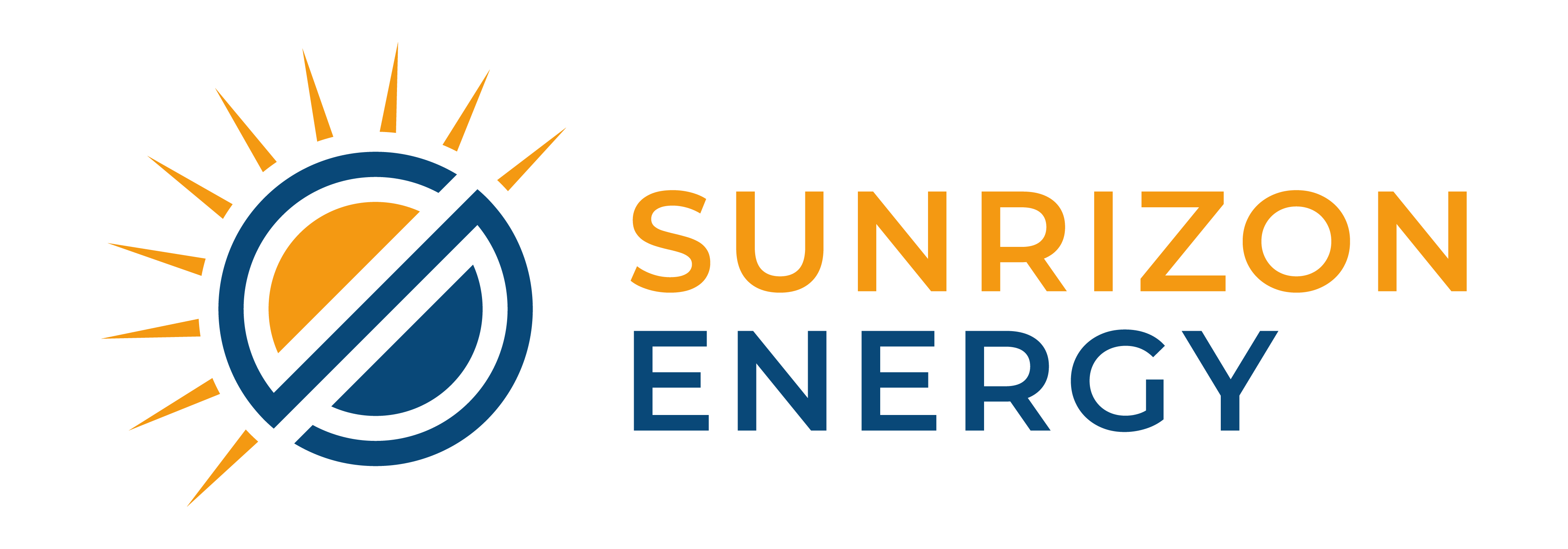
As homeowners increasingly turn to renewable energy, the solar industry’s complexity and sales strategies can lead to misinformation. This post examines the risks of false information about solar installations, emphasizing the necessity of choosing a reputable company.
Misleading Sales Tactics:
- Many consumers are reporting instances where the terms of solar installations were not clearly explained. Sales representatives often focus on the tax benefits and potential utility savings while glossing over the true numbers including the long-term financials and system details. It is common for a solar salesperson to rush through these explanations and request the customers to sign on the dotted line before fully understanding the entire deal. This has led to homeowners being unexpectedly bound to substantial loans for systems that may not meet their energy needs and/or financial situations.
Complex Financial Agreements:
- Terms like “no upfront costs” may seem appealing; however, solar financing realities are often more intricate. Many solar financing companies, catering to low credit scores, impose high fees to mitigate their risks. Homeowners might find themselves encumbered with long-term financial obligations that neither meet their expectations nor their budgetary constraints. For instance, fixed-income individuals have been ensnared in protracted repayment plans, far beyond their financial reach.
Consumer Protection Warnings:
- Consumer protection agencies have issued warnings about certain solar company sales tactics. These advisories encourage homeowners to thoroughly vet all elements of solar agreements, especially the long-term costs that sales representatives frequently omit. It’s advisable for homeowners to question unclear terms and seek clarity. Should a sales representative fail to satisfactorily address these queries, it might be wiser to reconsider the deal and seek a more forthright provider.
Legal Recourse and Industry Response:
- In response to increasing complaints, legal actions have been initiated in several states against companies that misrepresent the terms of solar installations. This includes lawsuits alleging hidden fees and failure to deliver promised warranty services. For example, in Nevada, multiple companies have been investigated by the state contractor’s boards. As a result, some companies have been fined and/or permanently shut down. The industry faces a call for better regulatory oversight and clearer standards to protect consumers from deceptive practices.
While solar energy offers significant environmental and economic potential, it necessitates cautious engagement. Homeowners should insist on detailed information regarding the costs, benefits, and responsibilities tied to solar installations. Consulting trusted experts and meticulously reviewing contract terms can safeguard financial interests and contribute to a sustainable environmental future.
Further Reading:
For more on consumer rights and advice on solar installations, visit Consumer Finance Protection Bureau – Solar Energy.
